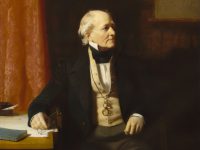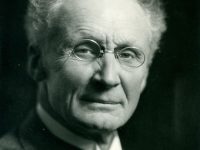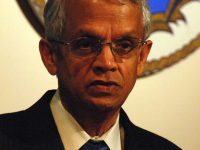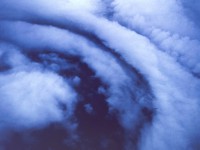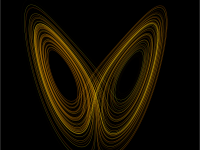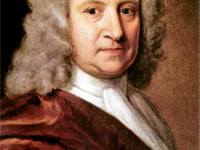Sir Francis Beaufort and the Wind Scale
On May 27, 1774, Irish hydrographer and officer in the Royal Navy Sir Francis Beaufort was born. Beaufort was the creator of the Beaufort Scale for indicating wind force. In 1806, British Admiral Sir Francis Beaufort devised a simple scale that coastal observers could use to report the state of the sea to the Admiralty. Francis Beaufort – Early Years Francis Beaufort was born at Navan, County Meath, Ireland, the son of…
Read more

